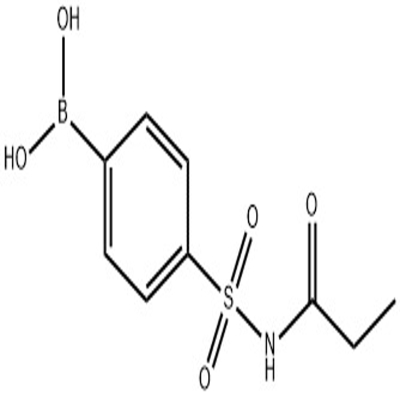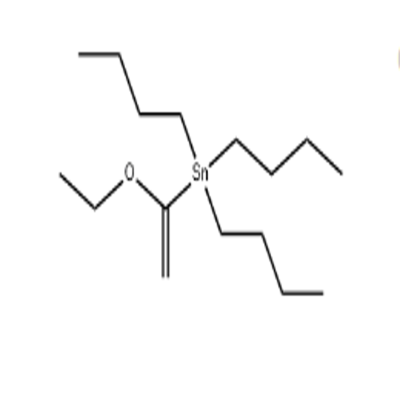-
Categories
-
Pharmaceutical Intermediates
-
Active Pharmaceutical Ingredients
-
Food Additives
- Industrial Coatings
- Agrochemicals
- Dyes and Pigments
- Surfactant
- Flavors and Fragrances
- Chemical Reagents
- Catalyst and Auxiliary
- Natural Products
- Inorganic Chemistry
-
Organic Chemistry
-
Biochemical Engineering
- Analytical Chemistry
- Cosmetic Ingredient
-
Pharmaceutical Intermediates
Promotion
ECHEMI Mall
Wholesale
Weekly Price
Exhibition
News
-
Trade Service
Isoquinoline-3-carboxamide, also known as IQ, is a derivative of the natural compound quinoline.
It has a wide range of applications in the chemical industry, including as a building block for the synthesis of pharmaceuticals, agrochemicals, and other specialized chemicals.
One of the most significant applications of IQ in the chemical industry is in the synthesis of pharmaceuticals.
Many pharmaceuticals, including anti-inflammatory drugs, anti-malarials, and chemotherapy agents, contain IQ as a key constituent.
IQ can be used as a building block for the synthesis of these compounds, or it can be converted into other useful intermediates through further chemical reactions.
In addition to its use in pharmaceuticals, IQ is also commonly used in agrochemicals.
It is a versatile building block for the synthesis of insecticides, herbicides, and other agricultural chemicals.
IQ can be converted into a wide range of compounds with different modes of action, allowing for the development of targeted and effective chemicals for use in agriculture.
IQ is also used in the synthesis of other specialized chemicals, such as intermediates for the production of dyes and other colorants.
It can be converted into a range of different benzimidazoles, which are useful in the production of yellow and blue dyes.
In the production of these chemicals, IQ is typically synthesized through a series of chemical reactions.
The starting material for the synthesis of IQ is typically 2-carboxyquinoline, which is converted into IQ through a process known as substitution reactions.
This process typically involves the use of reagents such as sodium hydride, and the reaction is typically carried out in a solvent such as DMF or DMA.
The synthesis of IQ is a complex process that requires careful control and attention to detail.
The quality of the starting material, the choice of reagents and solvents, and the reaction conditions all play a critical role in the synthesis of IQ.
As a result, the synthesis of IQ is typically carried out by experienced chemists in a controlled laboratory environment.
Overall, IQ is a versatile and useful building block in the chemical industry, with a wide range of applications in pharmaceuticals, agrochemicals, and other specialized chemicals.
Its synthesis requires careful control and attention to detail, but the end result is a valuable intermediate that can be used in the production of a wide range of chemicals with important applications in various industries.





![1-METHYL-4-[5-(4,4,5,5-TETRAMETHYL-1,3,2-DIOXABORALAN-2-YL)PYRIDINE-2-YL]PIPERAZINE](https://file.echemi.com/fileManage/upload/goodpicture/20210822/m20210822160345712.jpg)

